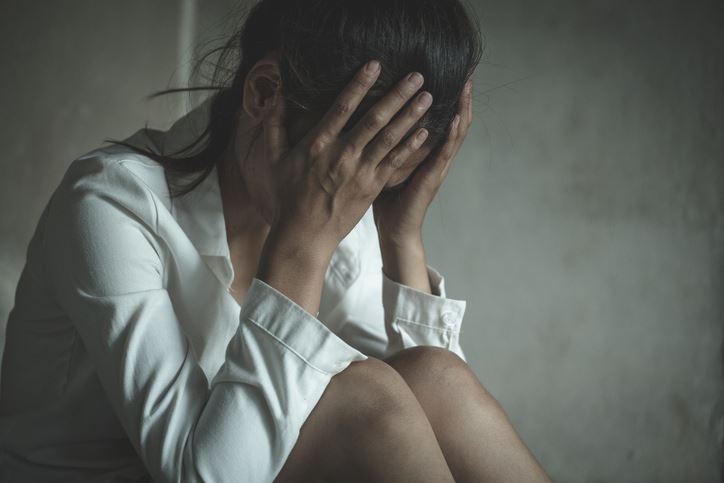Language plays a crucial role in shaping perceptions and empowering individuals. In the context of sexual assault, the shift from using the term "victim" to "survivor" is not just semantic; it is a powerful change that reflects resilience and strength.
Reporting the Assault
The legal journey begins when a survivor reports the assault to law enforcement. This step is pivotal in initiating an investigation. Survivors should know that they can report the incident anytime, although timely reporting can benefit evidence collection. During the reporting phase, law enforcement officers conduct an in-depth interview to gather information about the incident. Survivors need to know they have the right to have a support person present during this interview to provide comfort and advocacy.
The Investigation Process
Once a report is filed, a comprehensive investigation commences. This process involves collecting evidence, including forensic examinations, witness interviews, and gathering physical evidence from the crime scene. Forensic evidence, such as DNA, is often collected through a sexual assault forensic exam (SAFE) conducted by a trained medical professional. This exam not only aids in building a case but also ensures the survivor's well-being is prioritized.
Legal Proceedings: An Overview
After the investigation, legal proceedings commence. The first step is usually the arraignment, where the accused is formally charged and asked to plead. If a not-guilty plea is entered, the case progresses to a preliminary hearing. The prosecution presents evidence during this hearing to establish probable cause for a trial. The judge then decides whether the charges should be dismissed or if the case should proceed.
Trial and Justice
If the case advances to trial, the prosecution and defense present their evidence and arguments. The trial process includes jury selection, opening statements, witness testimonies, cross-examinations, and closing arguments. The jury then deliberates and delivers a verdict. If the accused is found guilty, sentencing follows, determined by the severity of the crime and other relevant factors.
Rights and Legal Representation
Throughout this process, survivors and the accused both have specific rights. Survivors have the right to be treated with dignity and respect, informed of proceedings, and protected from intimidation. Accused individuals are entitled to a fair trial, legal counsel, and the presumption of innocence until proven guilty. Legal representation is essential for both parties to ensure their rights are upheld and they receive a fair trial.
Resources and Support
Understanding the legal process is just one aspect of dealing with sexual assault. Equally crucial is ensuring survivors have access to resources and support networks. Organizations such as the Rape, Abuse & Incest National Network (RAINN) and local survivor support services offer invaluable assistance, providing everything from legal advice to emotional support.
Compassionate & Experienced Sexual Abuse Attorneys
Navigating the legal process for sexual assault cases requires understanding, support, and expert guidance. At Colorado Sex Abuse Law, we are committed to providing compassionate and comprehensive legal services to survivors in Denver, CO. Our experienced team is here to support you through every stage of the legal process, ensuring your rights are protected and your voice is heard. Contact us today at (303) 835-9227 to learn more about how we can assist you in seeking justice and healing.


